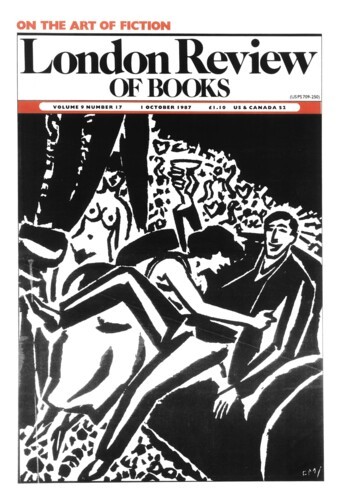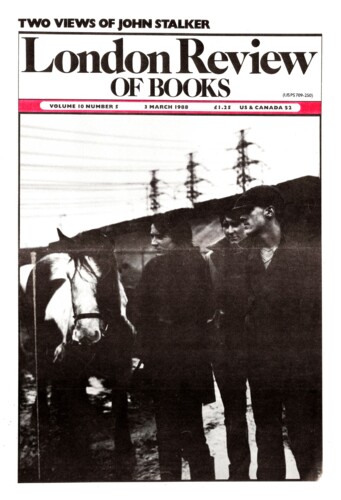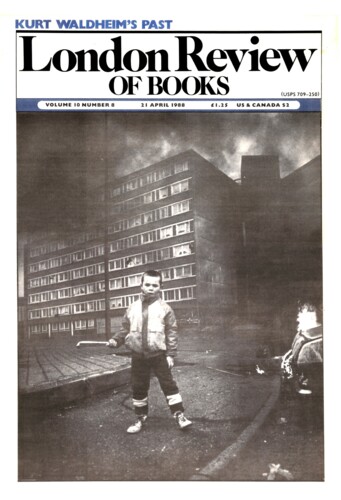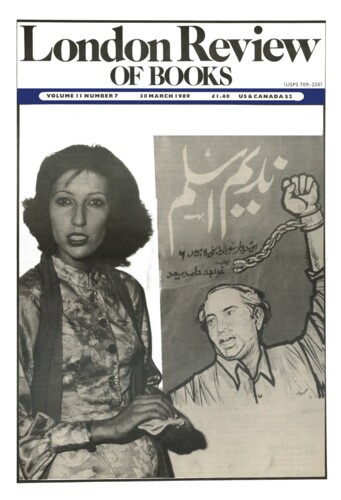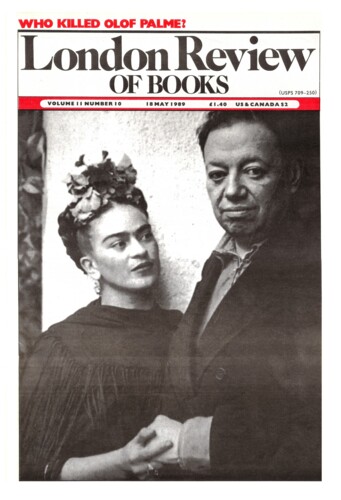Scribble, scribble, scribble, Ms Hite: another damned, thick, square book. Shere Hite is a ‘cultural historian’. She has already given us The Hite Report: A Nationwide Study of Female Sexuality and The Hite Report on Male Sexuality. Her work is an uneasy blend of prurience and pedantry; an attenuated blonde woman with curious white make-up, she has offended US feminists by making money out of sisterhood. She lives in some style, and has a young husband who, she tells us in a preface (there are many prefaces, a sort of philosophical foreplay), ‘fills my life with poetry and music, more every day’. Well, that’s all right then.
Women and Love. The New Hite Report: A Cultural Revolution in Progress by Shere Hite. Scribble, scribble, scribble, Ms Hite: another damned, thick, square book. Shere Hite is a ‘cultural historian’. She has already given us The Hite Report: A Nationwide Study of Female...
